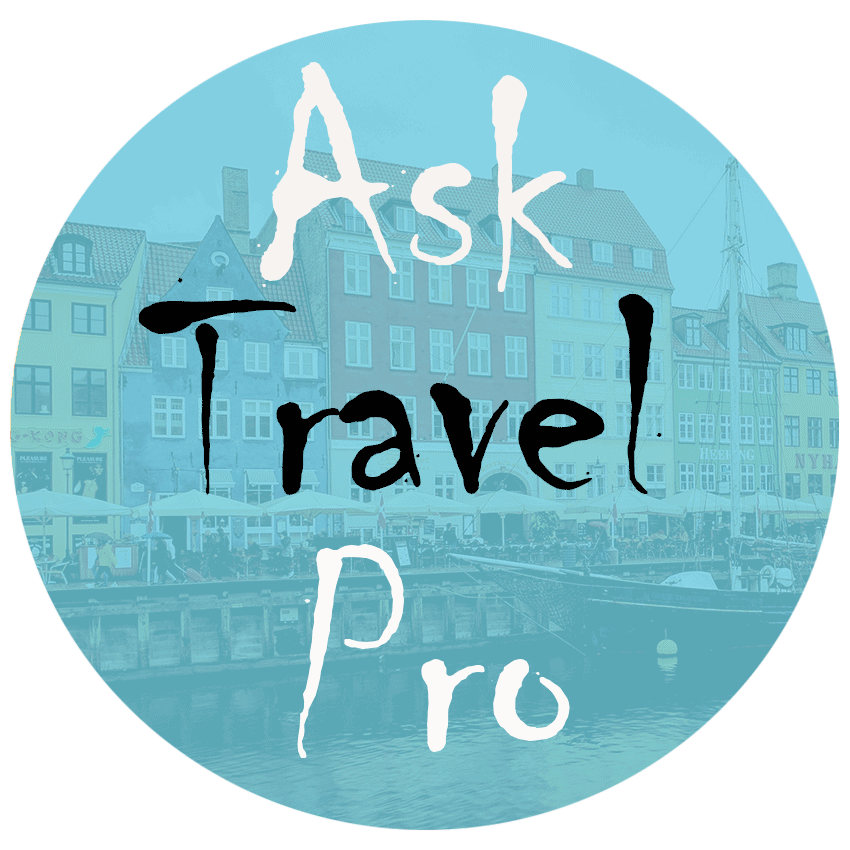Water pours down from the night sky as if from a shower faucet. We're standing on a narrow wooden balcony, arms outstretched with kitchen pots, collecting water for tea. The plumbing in the house has broken down. Heavy drops fall into the pots with a loud “ding!”, playing a hot Caribbean drum rhythm. My husband and I are in Cartagena, Colombia.
A month ago, when we told our friends that we'd go on vacation to Colombia, they all reacted similarly: "But why Colombia!?" as if it were some unknown and dangerous land. In a way, that used to be true, until recently, when the Colombian government peacefully solved their problems.
Now Colombia is quite safe, and we decided to spend our vacation in a place we’d never been before.
Having learned some Spanish, we rented an apartment in the old town of Cartagena, ready to dip into local life. And now here we are, in the hot and humid Caribbean summer.
The local life starts early in the morning, before the midday heat empties the narrow streets.
It starts with the loud calls of the fruit vendor. "Papaya! Papaya! Avocado!" - this is how our alarm clock will sound for the next seven days. The balcony doors in the living room have only wooden shades and no glass, so we can clearly hear everything on the street. As the fruit seller passes, pushing his cart full of colorful treasures, coffee vendors come and occupy a shady place on the corner. A car stops. The driver has decided to get a caffeine boost, so he buys a cup of coffee and chats with the seller. His car blocks the street, immediately creating a traffic jam, but the other drivers wait patiently. Perhaps they will be the next customers.
Rich, aromatic Colombian coffee is sold everywhere. A thermos in one hand and a pack of paper cups in the other, coffee vendors move around town all day long. We follow in their footsteps, getting lost and finding our way through the maze of the cobblestoned streets lined with incredibly colorful houses. Balconies and windows everywhere are covered with flowers. Cartagena is called the "Walled City," but I'd rather call it the "City of Flowers."
Shortly before sunset, tourists and locals alike head to the city wall. Here, the evening breeze comes to relieve the day's heat. Walking at a relaxed pace, people enjoy Caribbean life. The tropical sun sets quickly, like an orange dropping. The day is now over; the nightlife is just beginning.
Our host Juan has invited us for a night out. He loves his city and wants to show us it's best. As night falls, we head out to Getsemani, a bohemian neighborhood that merely ten years ago was notorious for drug dealers and gang fights. Juan recalls these times. But now Getsemani's streets at night are populated with artists, musicians, and food vendors, attracting a crowd. We pass Plaza Trinidad with its artisans’ market. It’s full of people chatting and dancing, meeting with friends and having late dinner, eating arepas baked right on the spot.
We stop for a glass of beer at cafe Havana. The place is fully packed, but we are lucky enough to get a tiny table to sit at. A live band is playing salsa, and a couple next to us heads to the dance floor. They are both probably in their seventies. I'd like to dance with such ease and passion when I'm seventy! The rhythm of the salsa carries the dancers to another world, feet tapping, hearts beating in sync.
Later, as we head back home, a loud "chiva" bus passes by, full of tourists partying onboard.
It's well past midnight in Cartagena.
The city lives openly, not hiding behind doors and curtains; street performers enthusiastically dance to the accompaniment of drums, cars honk, hooves clatter on cobblestones, guitars gently twang their strings, pairs dance and kiss on the ancient plazas.
Tomorrow, alarm clocks will ring. Tomorrow will be another day, but right now, the magic of the night reigns in its kingdom.
I love you, city of flowers, music, and open-hearted people! You are not the land of the unknown anymore.

